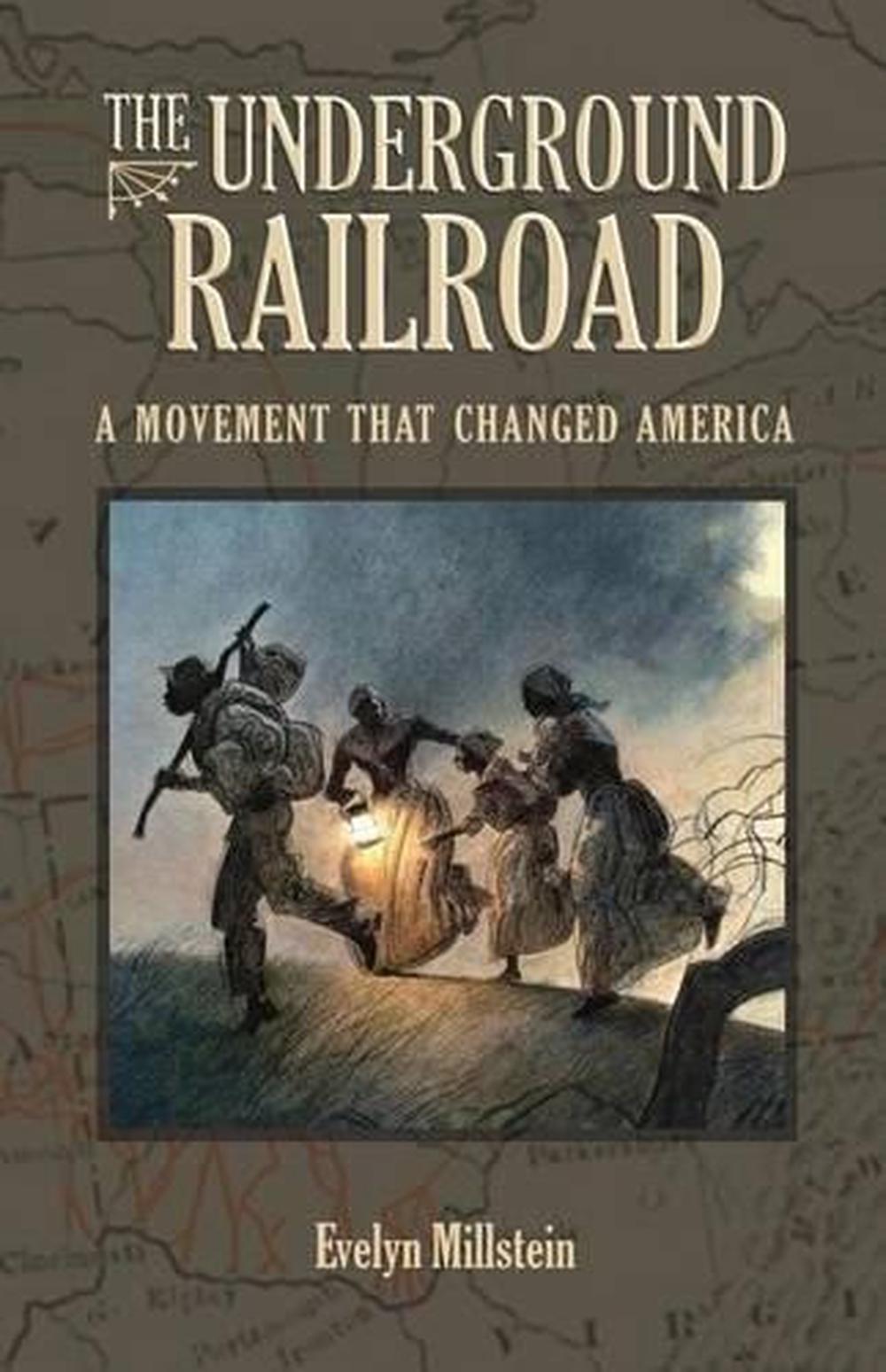


At other times, she is unsure, “stirred” by the idea of expansion and progress. Sometimes she she thinks America is just “a ghost in the darkness,” nothing real at all. Perhaps Whitehead's point is made by the protagonist, Cora, who oscillates somewhere in the middle. In contrast, Elijah Lander describes the American Dream is a shifting uncertainty, in fact a grand “delusion.” These are perhaps the two opposite poles of belief in the central myths of America. This brutal, stable reality is the American Dream. How do different characters regard the American Dream in the novel?įor Ridgeway, both the founding principle and the driving engine of America are comprised of a simple principle: if you steal property and keep it, it is yours. Thus the transformation of the Railroad into a literal engine gives Whitehead the opportunity to directly commemorate the courage of the real men and women in history who operated the network and used it to flee. The labor of others, she thinks, is redemptive with it, they have been transformed, and without it, she would never be free. Thousands of former slaves undertook back-breaking work, carving tunnels out of mountains, digging holes in the ground underneath all of America. Cora dwells on the immensity of the labor it must have took to build the railroad. The physical reality of a literal railroad amplifies the colossal effort of those who used the real Underground Railroad. In your opinion, why does Colson Whitehead make the Underground Railroad a literal railroad? What function does this play in the novel?


 0 kommentar(er)
0 kommentar(er)
